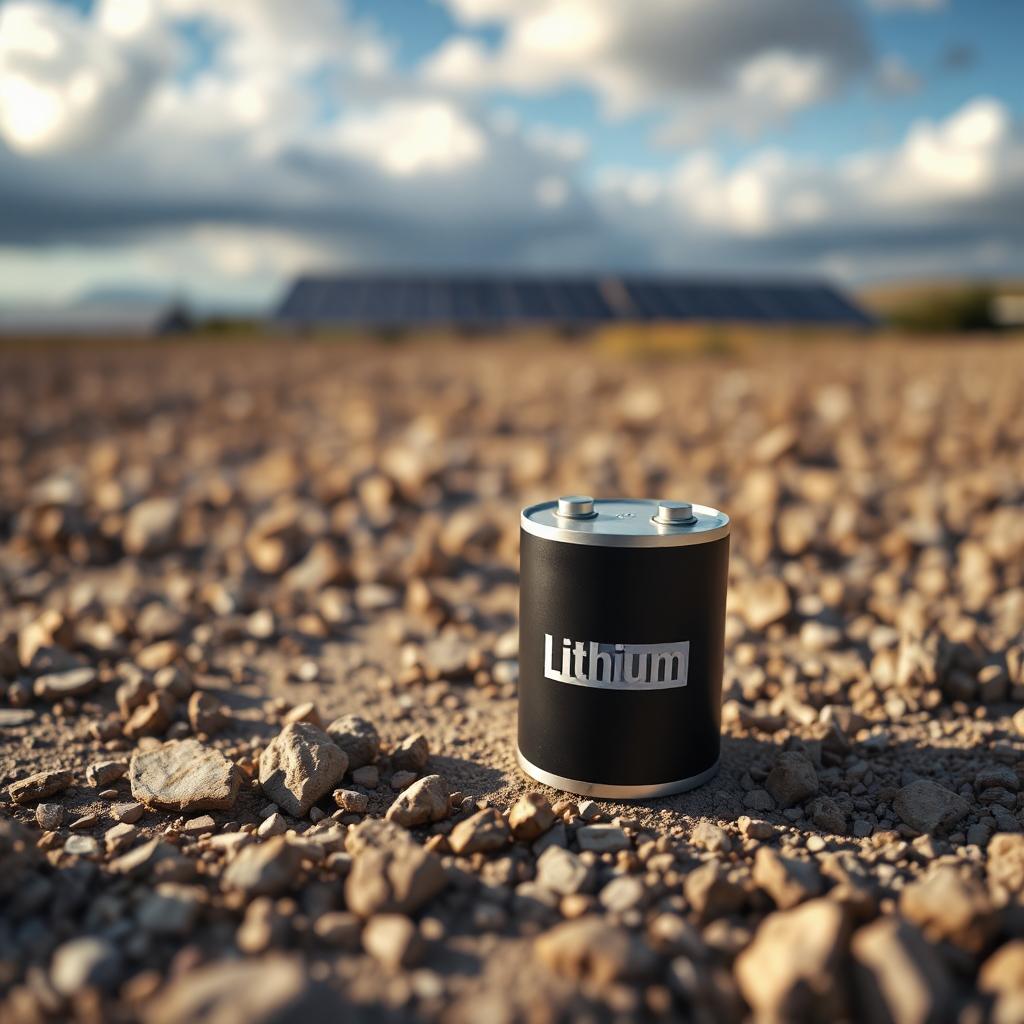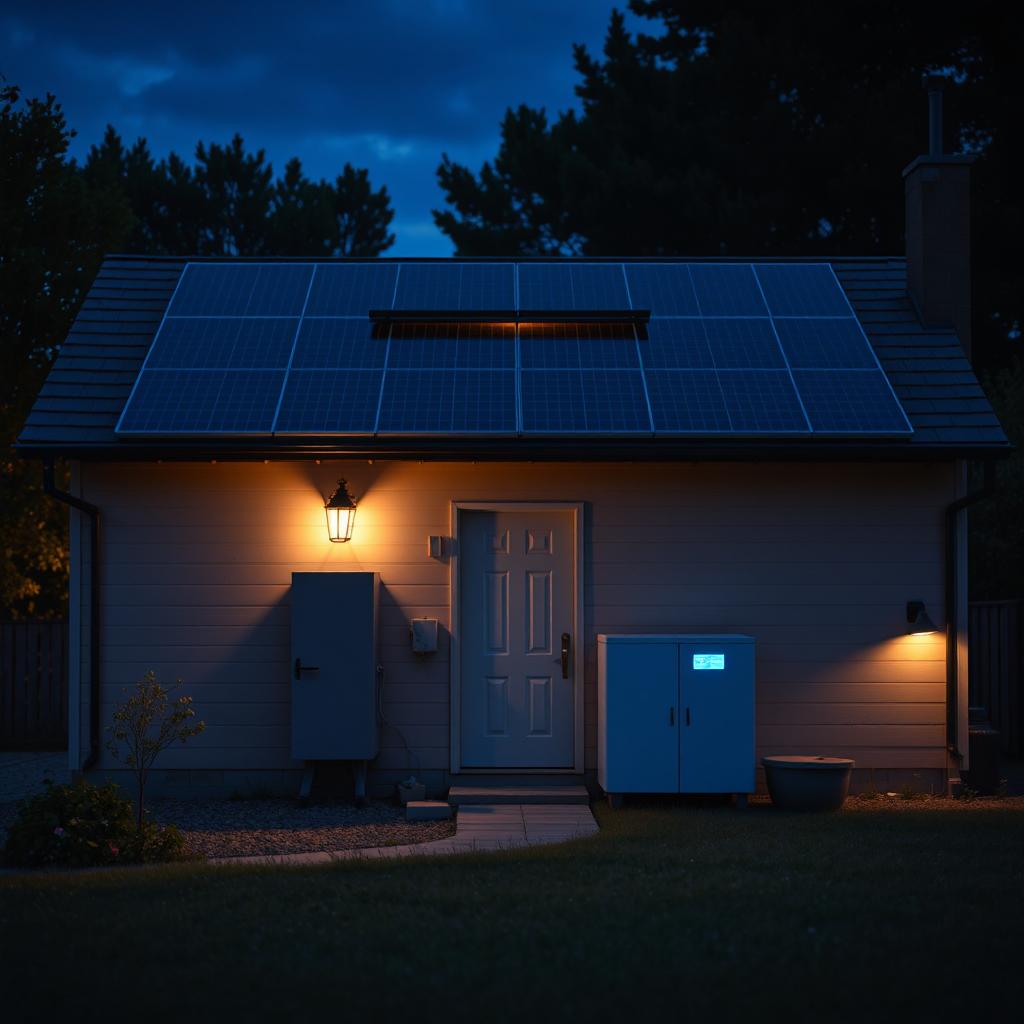Living off the grid requires a reliable and efficient energy storage solution, and lithium battery systems have emerged as the best option. Whether powering a remote cabin, an RV, or a fully off-grid home, lithium-ion battery storage provides a sustainable, long-lasting, and maintenance-free alternative to traditional power sources. By investing in a well-designed battery backup system, homeowners can achieve true energy independence while ensuring uninterrupted power supply in all conditions. With the increasing affordability and efficiency of lithium-ion batteries, they are becoming the preferred choice for those seeking to minimize their carbon footprint while enjoying a self-sufficient lifestyle.
Unlike traditional grid-connected power systems, off-grid living demands careful planning to ensure sufficient energy generation and storage. A well-optimized home energy storage system allows users to harness solar power during the day and utilize stored energy at night or during cloudy days. Investing in a lithium-ion battery storage system not only enhances convenience but also secures energy availability in remote areas where grid connectivity is limited or nonexistent. Understanding the benefits and proper installation of lithium battery storage solutions is essential for optimizing energy use and ensuring long-term sustainability.
Table of Contents
How to Choose the Best Lithium Battery System for Off-Grid Living?
Selecting the right lithium battery storage system for off-grid living requires evaluating battery capacity, cycle life, efficiency, and compatibility with solar inverters. Prioritize deep-cycle lithium-ion batteries with a robust battery management system (BMS) for safety, longevity, and maximum energy storage efficiency. Ensure the system meets your home’s energy demands while supporting sustainable energy solutions.

Using a lithium battery storage system effectively in an off-grid home involves proper sizing, installation, and management. Pairing batteries with a solar panel system ensures renewable energy storage, while integrating a reliable BMS optimizes performance. Regular monitoring and strategic energy use maximize efficiency and longevity.
To make an informed decision, it’s essential to explore the key benefits and installation requirements of lithium battery storage systems. Read on to learn more.
Why Choose a Lithium Battery Storage System for Off-Grid Living?
Lithium-ion batteries are the preferred choice for home energy storage due to their efficiency, longevity, and safety. Compared to lead-acid batteries, lithium-ion batteries offer a longer lifespan, typically exceeding 6,000 charge cycles, and higher energy density, allowing more storage capacity in a compact space. Their superior round-trip efficiency (above 95%) ensures minimal energy loss, making them ideal for an off-grid solar system.
Another significant advantage is maintenance-free operation. Unlike lead-acid alternatives that require regular upkeep, lithium battery storage systems do not need frequent watering or equalization charges. Additionally, modern lithium batteries integrate advanced BMS technology, which protects against overcharging, overheating, and deep discharge, ensuring a stable power supply for off-grid living.
Lithium-ion batteries also support energy independence. They seamlessly integrate with solar inverters and home energy storage systems, enabling homeowners to generate and store their own electricity. This setup reduces reliance on the grid, provides battery backup during power outages, and offers a cost-effective alternative to traditional electricity sources in the long run.
Additionally, advancements in lithium battery technology have led to improvements in safety, scalability, and energy efficiency. Homeowners can now expand their battery systems to meet increasing energy demands, making these solutions highly adaptable. With a well-sized battery bank, users can enjoy seamless energy access even in extreme weather conditions.
How to Calculate Your Off-Grid Home’s Energy Needs: Key Factors to Consider
Determining your energy needs is crucial when selecting a lithium battery storage system. Start by calculating your home’s total daily electricity consumption. List all appliances and their power ratings, then estimate their daily usage hours. This calculation provides your average daily energy demand in kilowatt-hours (kWh).
Next, consider the autonomy period—the number of days you want your battery backup system to function without solar input. This ensures continuous power during cloudy or low-sunlight periods. Multiply your daily energy consumption by the desired autonomy period to determine total storage capacity needs.
Other key factors include depth of discharge (DoD) and efficiency. Lithium batteries typically allow deeper discharge (up to 90%) than lead-acid batteries, maximizing usable energy. Also, consider peak power demand, ensuring the battery system can handle surges from high-wattage appliances.
Proper sizing prevents energy shortages and extends battery life. Consult an energy storage expert to choose the best lithium battery for off-grid living based on these calculations.
Installation and Maintenance Guide for Home Lithium Battery Storage Systems
Installing a lithium battery storage system requires careful planning and adherence to safety guidelines. First, select an appropriate location—preferably a cool, dry, and well-ventilated area, away from direct sunlight and flammable materials. Wall-mounted or floor-standing battery options provide flexibility for different installation spaces.
Connect the battery system to a compatible solar inverter and ensure all wiring meets local electrical codes. Many modern lithium batteries offer plug-and-play installation, simplifying the setup process. However, professional installation is recommended to optimize safety and efficiency.

For maintenance, regularly monitor battery performance using built-in monitoring systems or mobile apps. Keep battery terminals clean and check for firmware updates to ensure peak operation. Unlike lead-acid batteries, lithium-ion systems require minimal maintenance, making them a hassle-free solution for off-grid living.
Proper ventilation is crucial for long-term reliability, as excessive heat can degrade battery performance. Regularly inspect connections and ensure proper grounding to prevent electrical faults. Additionally, invest in high-quality surge protectors to safeguard the system from voltage fluctuations.
A well-maintained battery storage system not only extends the life of the batteries but also ensures continuous and reliable power supply. Routine inspections and preventive maintenance help detect issues early, preventing costly repairs or replacements.
How to Optimize Solar + Lithium Battery Systems for Maximum Efficiency
To maximize the efficiency of an off-grid solar battery setup, consider the following strategies:
- Use a High-Quality Solar Inverter: A high-efficiency inverter optimizes energy conversion from solar panels to battery storage, reducing power loss.
- Monitor Energy Consumption: Smart energy management tools help track power usage, ensuring optimal battery performance.
- Set Up a Battery Management System (BMS): A reliable BMS prevents overcharging, overheating, and deep discharge, extending battery lifespan.
- Charge During Peak Sunlight Hours: Maximize energy harvest by charging batteries when solar power generation is highest.
- Utilize Load Shifting: Store excess solar energy during the day and use it at night to reduce reliance on backup generators or grid power.
- Regularly Inspect Solar Panels and Battery Connections: Clean solar panels to maintain efficiency and check battery wiring for any wear or damage.
- Utilize Smart Load Management: Prioritize energy-intensive appliances during peak solar production hours to maximize efficiency and reduce dependency on stored energy.
- Incorporate Energy-Efficient Appliances: Using LED lighting, energy-efficient refrigerators, and smart home technology further enhances energy savings.
By implementing these strategies, homeowners can enhance their renewable energy storage, improve system reliability, and achieve sustainable energy solutions.

Conclusion
Choosing and installing the right lithium battery storage system ensures energy independence and reliable power for off-grid living. Investing in a well-optimized system significantly reduces long-term energy costs while contributing to a greener planet. Contact Hicorenergy today to find the best solution for your home!
-scaled.png)
